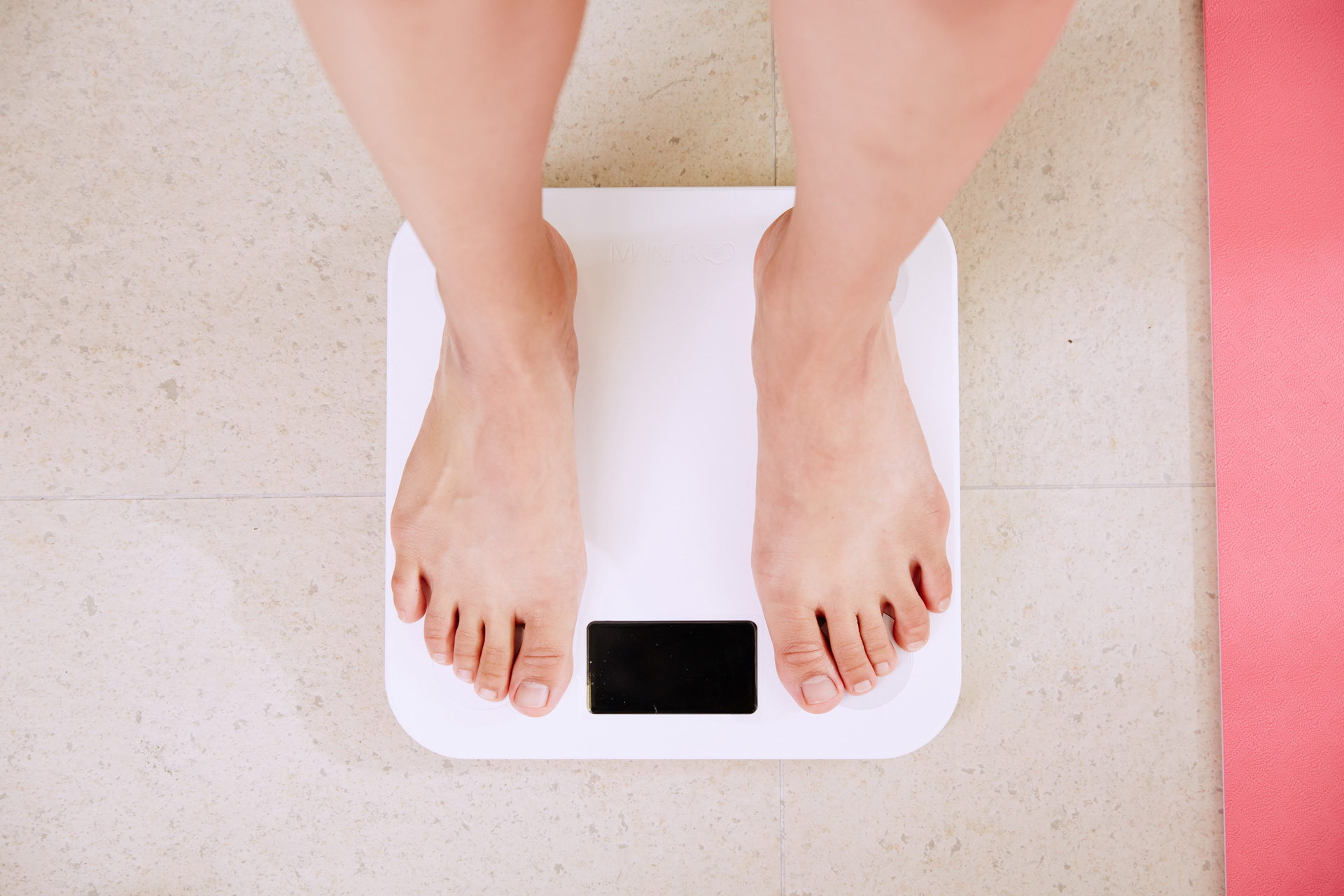Have you ever tried the Keto Diet or Whole 30 to try to lose weight? Do you look for face cream with the words “anti-aging” or “wrinkle reducing?” Well, you’re not the only one. Because of societal influences, it’s nearly impossible not to look in the mirror and have at least one negative thought about yourself. In fact, over 90% of women say they have a minimum of one negative thought about their body image every single day (Psychology Today March 2017).
Society’s influence on body image
You’re dealing with this as an adult. Now imagine what that must be like for a teenager. Teens are soaking this all in at a time when they’re in the midst of developing and understanding their own bodies. Pimples overnight, a squeaky voice that cracks at the worst times, and a body that looks different to everyone else’s. Feeling pressure to look a certain way leads to negative thoughts about oneself. This is not only a threat to their self-esteem and self-worth: these constant negative thoughts and pressures can lead to an eating disorder.
How to identify an eating disorder?
Now you might be thinking: so wait, what if my teen does have a negative body image and/or an eating disorder? What should I look out for?
The most important things to notice are:
-
- Obsessing about weight / talking about weight a lot
- Gaining or losing weight in a short period of time
- Skipping meals
- Saying negative things about one’s body or other’s bodies
- Hiding eating food
- Using the words “good” or “bad” to refer to food
How can I help my teen develop a positive body image?
As the parent, you play a crucial role in helping your teen develop a positive body image. You do this by…
Modeling healthy eating habits
This will directly influence your teen’s eating behaviors and their relationship with food. Your teen will look to you as a model for how to eat and how to think about food. Expose them to healthy foods and making healthy food choices. If you exercise these habits, they will too.
Talking about food in positive ways and including your teen in positive conversations about food and different styles of eating
This will help teens avoid feeling shame around food. For example, instead of saying, “Wow I can’t believe your friend went gluten free. That makes me nervous he’s not getting the proper nutrients he needs.” Try saying, “That’s great that your friend is figuring out what foods help him feel his best. Every person and everyone’s body is different. What are your thoughts about eating only gluten free foods?”
Avoiding conversations with weight or dieting as the focus
Talk about healthy eating and a healthy lifestyle. The conversation shouldn’t be about weight or how a person looks but rather on their health and wellness. This goes for the way you talk about yourself as well. If you worry about your weight and constantly go on diets, your teen will internalize that and start thinking about how they look and their weight. Instead, talk about being healthy and active.
Eating together as a family, modeling healthy eating and having positive conversations about food choices
Eat together and allow teens to serve themselves and make their own choices about how much they should eat. Go one stop further and involve your teen in food shopping and cooking. Have conversations about which foods are healthy foods and what would be a good dinner to make. Help your teen develop a healthy relationship with food which will encourage them to self-regulate.
The division of responsibility
I want to expand on this point a little further. Ellyn Satter, a registered dietician, uses a framework called “the division of responsibility.” The idea behind this is for children to listen to their bodies’ hunger and satiety cues. Essentially, the parents’ role is to serve a variety of foods at dinner and to make mealtime conversation enjoyable. The teens’ role is to decide what of the options and how much of the food they want to eat. As she simply states it, “The parent is responsible for what, when and where. The child is responsible for how much and whether.” Don’t control how much they eat and try to avoid having “forbidden foods.”
Understanding and managing your own anxiety about food and weight – whether it’s your own or your teen’s weight
This practice can be helpful for many different parenting challenges, but when it comes to food it is important to find your own ways of managing your anxieties and not to put them on your teen.
Think back to a comment one of your parent’s made about food or your weight in front of you and how it impacted you and your body image. It’s hard not to internalize those comments.
If you think your teen has an eating disorder or has disordered thinking about food, it’s important to seek help. It’s not only important for your teen to get support but for you as the parent to feel supported during this time.
Resources
Body Image in America: Survey Results. (n.d.). Retrieved from https://www.psychologytoday.com/.
How to Teach Children About Healthy Eating, Without Food Shaming. (n.d.). Retrieved from https://parenting.nytimes.com/.




